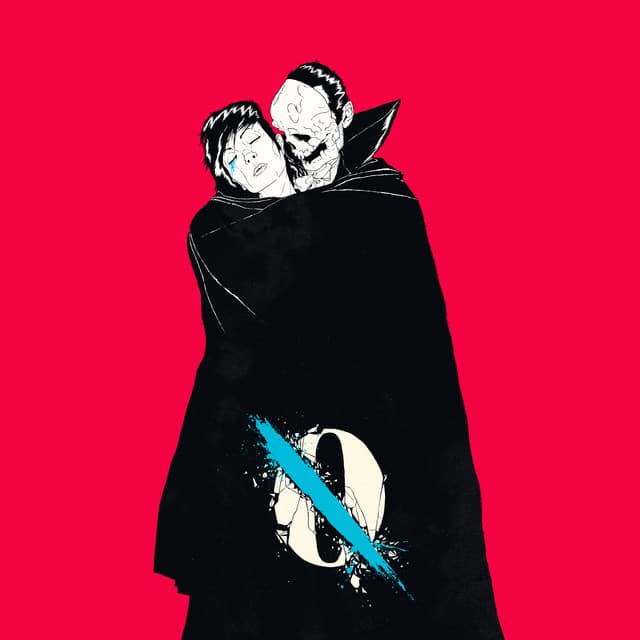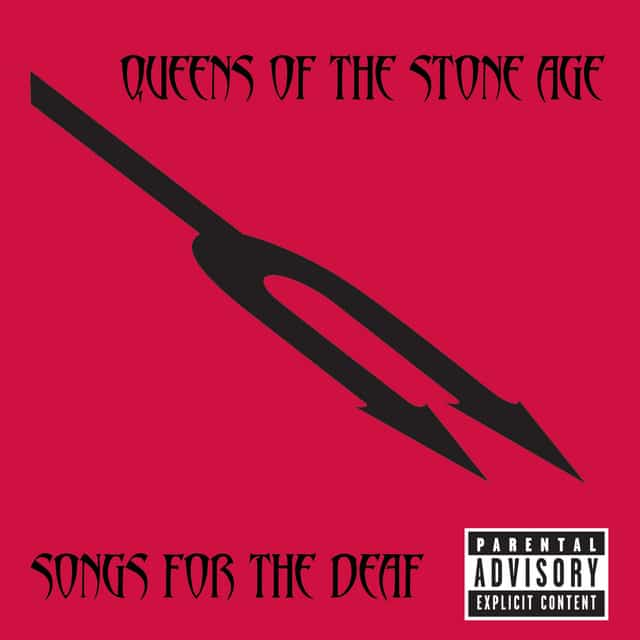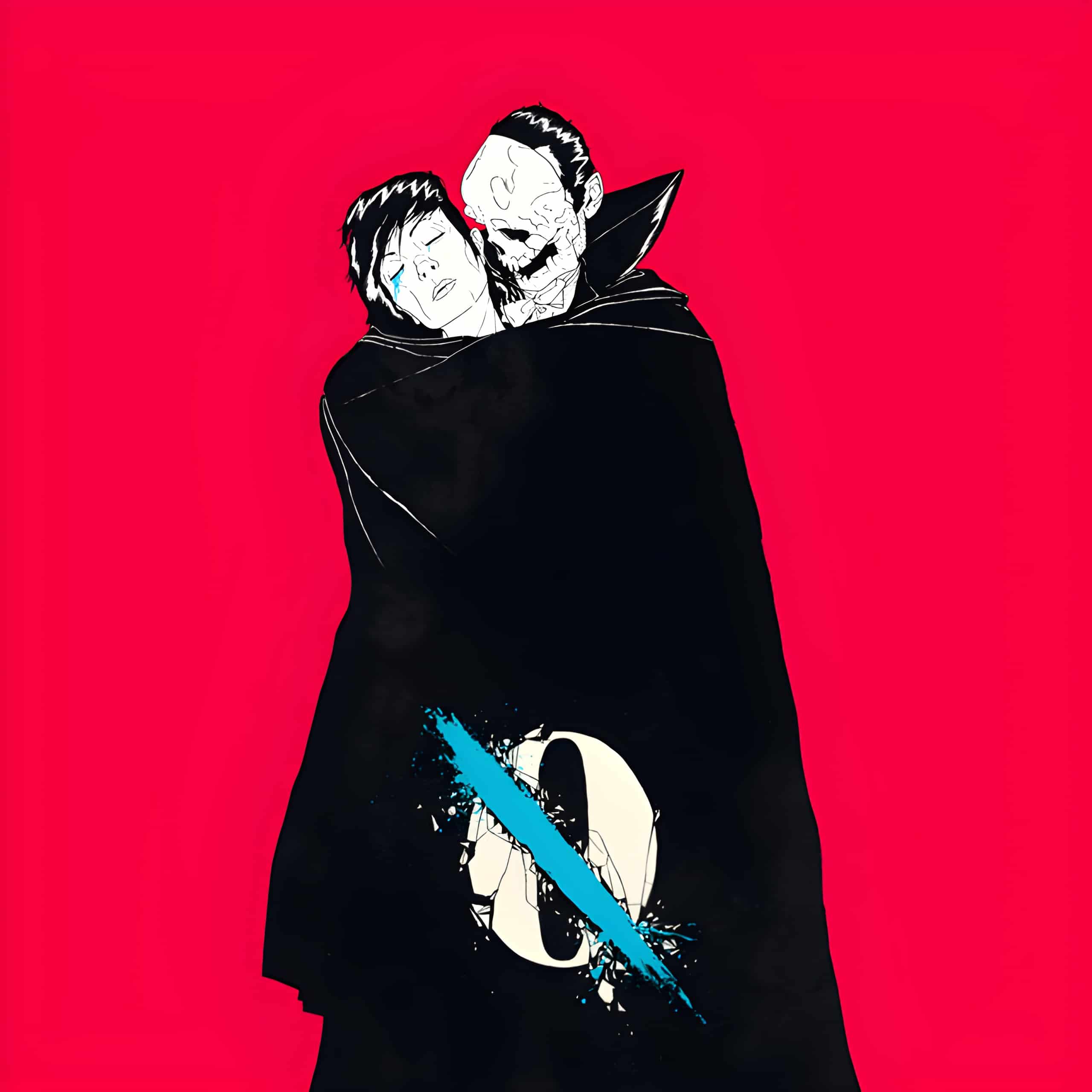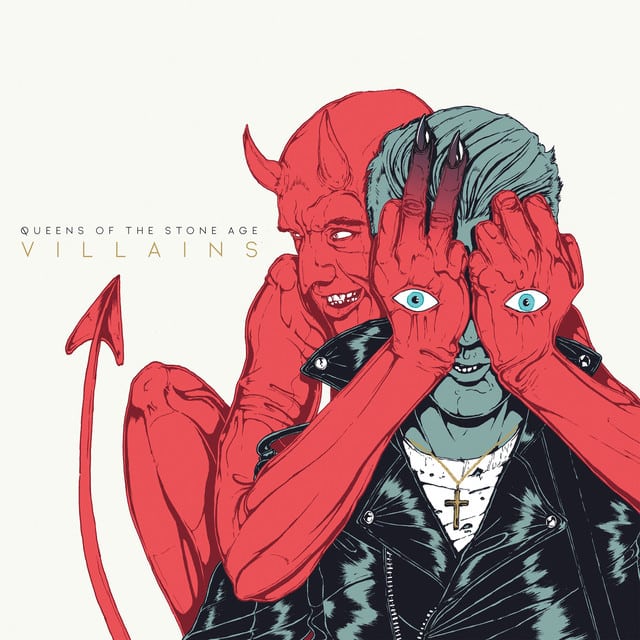Released: 2013
“I Sat by the Ocean” by Queens of the Stone Age unfurls the tale of love lost, introspection, and the quest for self-understanding against the backdrop of a deceptively upbeat melody. Josh Homme and company weave a narrative that’s both personal and universally relatable, using the ocean as a metaphor for the vast, often overwhelming nature of our emotions and experiences.
The opening lines, “I sat by the ocean and drank a potion, baby, to erase you,” set the stage with vivid imagery. Here, the ocean represents a place of reflection, while the potion hints at the desire to forget, to wash away the pain of a failed relationship. This notion of seeking solace in substances or actions to numb the hurt is a familiar theme in rock, capturing the desperation felt in moments of vulnerability. However, the acknowledgment that “Face down in the boulevard, yet I couldn’t face you” suggests that despite attempts to move on or escape, confronting the reality of loss is unavoidable.
The chorus, “Imagined I’d be your one and only, instead I’m the lonely one,” dives into the heartache of unreciprocated love and shattered expectations. It’s a blunt admission of feeling abandoned and the stark realization that what one envisioned for their relationship is far from reality. The phrase “You, me, and a lie” succinctly encapsulates the sense of betrayal and the deceit that often accompanies the end of intimate connections.
As the song progresses, “Silence is closer, we’re passing ships in the night” metaphorically describes the growing distance between the two individuals. Like ships that pass each other without interaction, their connection has become one of silent, unrecognized crossing paths – a common metaphor for missed connections and the gradual drifting apart of people.
The advice to “go and find it with someone new” reflects a resigned acceptance to move on, alongside a questioning of one’s identity post-breakup (“Do you know who you really are? Are you sure it’s really you?”). It highlights the transformative effect of deep emotional connections and their endings on one’s sense of self.
Finally, “Closer and closer, we’re crashing ships in the night” suggests an inevitable, destructive clash opposed to the earlier, passive crossing of paths. It poignantly captures the tumultuous, often damaging nature of trying to hold onto a failing relationship, escalating from silent acknowledgment of a problem to a catastrophic end.
Throughout “I Sat by the Ocean,” Queens of the Stone Age masterfully employ nautical imagery and a blend of personal reflection and broader truths to dissect the aftermath of a broken relationship. The song resonates not just as a narrative of romantic dissolution but as a deeper exploration of self-awareness and the human condition. Homme and his band have crafted a piece that, while steeped in the specifics of personal pain, reaches out to the universal experience of loss, love, and the quest for internal clarity.








